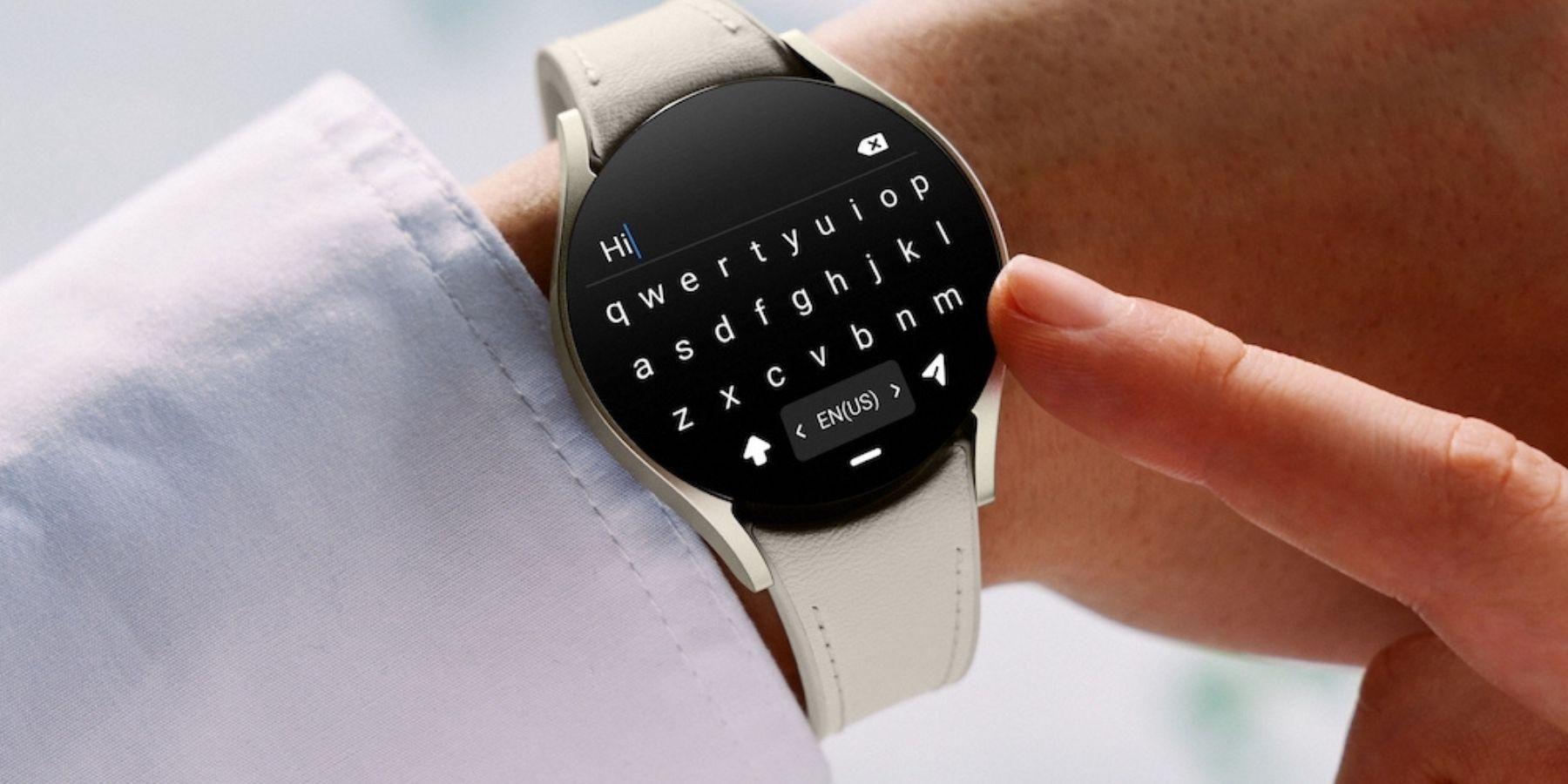“I’m here to listen”, says Mario Draghi before entering the headquarters of the Bank of Italy in Milan. It’s just after 2.30pm today, Wednesday 10 January. Waiting for him is a delegation from ERT, the “European Round Table of Industry”, the organization which includes 59 presidents or CEOs of the main European industries. It is a closed-door meeting that should have remained confidential. The managers aim to guide the work of Draghi, who was appointed last September by the president of the European Commission, Ursula von der Leyen, to prepare a report on the competitiveness of the production system, increasingly undermined by Chinese and US competitors.
The “Draghi platform”
The former prime minister and former president of the ECB will deliver his conclusions after the European elections, scheduled for 6 to 9 June. The “Draghi platform”, therefore, could be the basis on which to build the EU’s industrial policy for the next five years. At the same time, the ERT leaders also think that the former central banker could have a leading institutional role. There are those who see him at the head of the European Council or, a less popular hypothesis, as leader of the European Commission itself.
Business requests
In any case, the industrialists asked for and received a hearing. The president of the ERT, Jean-Francois Boxmeer, number one of the British Vodafone, together with four other managers, including Jim Hagemann Snabe, president of Siemens, summarized the requests of companies such as the French L’Oréal, Michelin , Total, Saint Gobain; the German companies E.on, Basf, Deutsche Telekom, Mercedes, BMW, Merck; the British BP and GSK; the multinationals Arcelor Mittal, Shell, Rio Tinto, Unilever, Airbus; the Italians Eni, Cir and Techint; the Swedish Ericcson and AstraZeneca; the Swiss Abb and Nestlé.
The four points on the agenda
According to what the Corriere has learned, the agenda presented to Draghi includes four points: “Competitiveness and the internal market”; “Energy and climate”; “Digital”; “Trade”. With a statistical premise: from 2001 to today, Europe has lost 30% of market shares in the global market, considering the added value, i.e. the wealth created with the transformation of raw materials into finished products. In 2001 the EU controlled just over 20%; in 2020 it dropped to 14.3%. China started at 8% and is now at 27.3%. Finally the United States. More modest decline, from 22% to 16.3%. The point, therefore, is how to get back on top.
The “Chips Act” strategy and model
Boxmeer and the others asked Draghi to indicate among the priorities the improvement of European legislation, considered, in general, too punitive towards the industrial system. There is, however, a virtuous model, such as the “Chips Act”, the provision which came into force in September 2023 and which aims to push the strategic semiconductor sector, bringing the global market share from the current 10% to at least 20% by 2030. Important detail: the EU budget will support the effort with contributions amounting to 3.3 billion euros. It is a formula which, say industrialists, could be replicated even in the most innovative sectors.
Furthermore, Draghi is asked to give impetus to greater integration of the European internal market, a topic on which former Prime Minister Enrico Letta is also working, again on behalf of the Commission. Less internal protectionism, more synergies and more European investments. We must prevent more and more European companies from being attracted by the enormous mass of subsidies implemented by Joe Biden, with the IRA (Inflation Reduction Act). Approximately 738 billion dollars for those who transfer production related to energy conversion to the United States. Draghi took note. Its positions on the matter are already known: the European Union must accelerate integration at all levels, including defense and foreign policy, if it wants to keep pace not only with the USA and China, but also with Japan, South Korea and with emerging countries.
2024-01-10 17:26:23
#Draghi #meets #big #names #European #industry #Milan #points #growth


